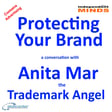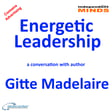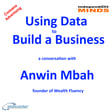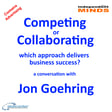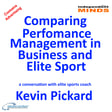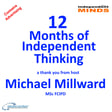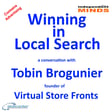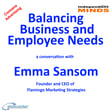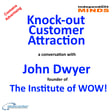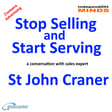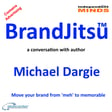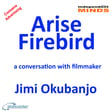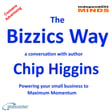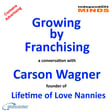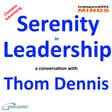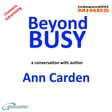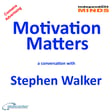
From Electrification to Cloudification – a conversation with the author Jamie Dobson
Visionaries, Rebels and Machines, the story of humanity's extraordinary journey from electrification to cloudification.
Jamie Dobson is a member of the founding team of Container Solutions, where he helps all sorts of organisations move to cloud-native ways of working.
He is also the author of Visionaries, Rebels and Machines, the story of humanity's extraordinary journey from electrification to cloudification, and co-author of The Cloud Native Attitude.
In this episode of The Independent Minds Jamie and host Michael Millward discuss From Visionaries, Rebels and Machines, and explore with how rapidly the world has changed since the discovery of how to generate and distribute electricity.
Jamie explains what cloud computing is and how global politics can impact decisions about how organisations and individuals utilise it.
He explains how to address the challenges organisations face in making effective use of cloud computing.
This episode will give you confidence to make better decisions about how you use cloud computing most effectively.
More information about Jamie Dobson and Michael Millward is available at abeceder.
Audience Offers – listings include links that may create a small commission for The Independent Minds
Buy Visionaries, Rebels and Machines on Amazon
Buy The Cloud Native Attitude on Amazon
The Independent Minds is made on Zencastr, because as the all-in-one podcasting platform, Zencastr really does make creating content so easy.
If you would like to try podcasting using Zencastr visit zencastr.com/pricing and use our offer code ABECEDER.
Travel
With discounted membership of the Ultimate Travel Club, you can travel anywhere at trade prices on flights, hotels, trains, and many more travel related purchases.
Fit For Work We recommend The Annual Health Test from York Test; a 39-health marker Annual Health Test conducted by an experienced phlebotomist with hospital standard tests carried out in a UKAS-accredited and CQC-compliant laboratory.
A secure Personal Wellness Hub provides easy-to-understand results and lifestyle guidance
Visit York Test and use this discount code MIND25.
Visit Three for information about business and personal telecom solutions from Three, and the special offers available when you quote my referral code WPFNUQHU.
Being a Guest
We recommend the podcasting guest training programmes available from Work Place Learning Centre.
We use Matchmaker.fm to connect with potential guests If you are a podcaster looking for interesting guests or if you have something interesting to say Matchmaker.fm is where great guests and great hosts are matched and great podcasts are hatched. Use our offer code MILW10 for a discount on membership.
We appreciate every like, download, and subscriber.
Thank you for listening.
